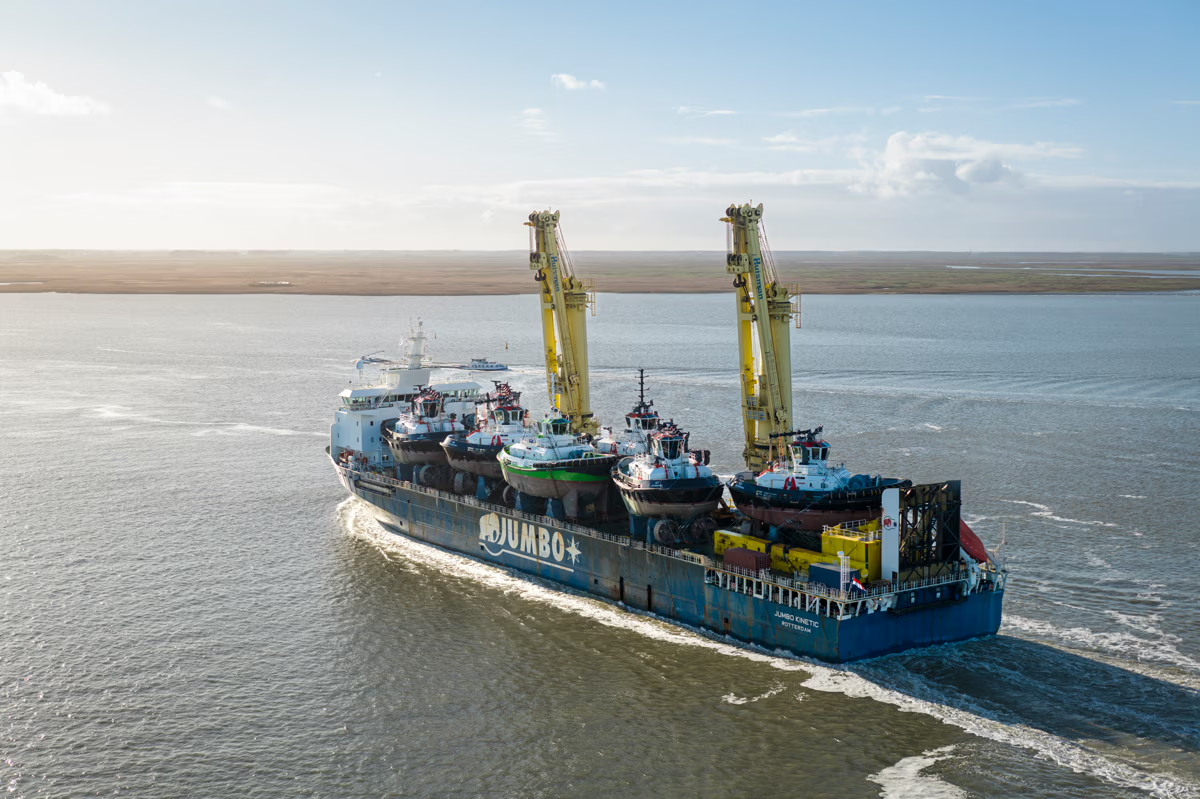The ACP is now awaiting a formal report from GUPC following detailed inspections
 Earlier in June, the filling of the new locks began, marking the start of a planned and methodical phase of operational testing of the Locks, including its culvert valves, maintenance bulkheads and gates. This stage of testing is meant to timely detect and correct any deficiencies in the project. The Panama Canal technical team is closely involved to ensure that all tests meet the quality standards established in the contract.
Earlier in June, the filling of the new locks began, marking the start of a planned and methodical phase of operational testing of the Locks, including its culvert valves, maintenance bulkheads and gates. This stage of testing is meant to timely detect and correct any deficiencies in the project. The Panama Canal technical team is closely involved to ensure that all tests meet the quality standards established in the contract.
As part of this testing, some water seepage was detected in a specific area of the new Pacific Locks in a section that separates the middle chamber and lower chamber, as they were being stressed tested through exposure to level differentials much higher than those required for normal operations, but that may occur during dry-chamber maintenance works in the future.
The ACP is now awaiting a formal report from GUPC following detailed inspections. The report, will be inclusive of the root cause analysis conducted, as well as the recommended repair methodology. Upon evaluating the report’s findings, the ACP will assess and communicate if the project’s completion timeline will be altered in any way.
At this time, ACP has designated two independent external structural engineers to conduct an objective evaluation of the reasons for this localized issue and assess GUPC’s solution.
While this important step takes place, the ACP is encouraged by the overall progress of the program, which has now reached 93 percent completion. Parallel work presses ahead with testing in other areas; the removal of the strip of land – known as a plug’- separating the new Cocolí Locks from the Pacific Ocean, and the culmination of the Pacific Access Channel work. Likewise last week the removal of the dike or plug that separates the Atlantic ocean waters from the new Atlantic Lock was initiated and progresses at a good pace.
GUPC has the obligation to ensure the long-term performance on all aspects of the construction of the locks and to correct this deficiency. Moreover, GUPC’s contract with the ACP dictates that the group is responsible for modifications and corrections that may be required. As with all of its operations and its infrastructure improvement projects, the ACP is committed to deliver world-class services and products.
As it has been the case for more than 100 years, the ACP maintains its commitment to safe, reliable and efficient service. Updates will continue to be issued as information becomes available to ensure that customers, the Panamanian people and all other key stakeholders are informed on the latest developments of the program.
Source and Image Credit: Panama Canal


























































